Every language has its own unique words created by cultural norms and even slang! Here are 15 Korean words not found in the English language.
1) Ttee-dong-kap (???)
Relating to the Chinese zodiac, this term describes someone of the same Zodiac sign as you. For example, someone born in 1993 (the Year of the Rooster) would have the same "ttee-dong-gap" as K. Will, Narsha, and Gummy, who were all born in 1981, another Year of the Rooster.

2) Chon/Chonsu (?/??)
One of the most cherished elements of the Korean culture are family ties. These ties can literally be measured by "chon/chonsu," which are basically a way of numerically measuring out these family ties. For example, the three ties between you and your uncle are you -> your parents -> your uncle. Thus, there are 3 "chons" between you and your uncle.

(And this puppy and its mom have 2 chon.)
3) Han (?)
A cultural and historical concept that is often touted to be unique to Korea, "han" is the collective feeling of sadness and oppression. This is a cultural notion that can be attributed to Korea's long history of attacks and invasions from other countries.

4) Dab-jung-nuh (???)
We've all experienced "dabjungnuh," defined as "an instance where you must respond with what someone wants to hear."
You: I love K-pop! Do you love K-pop?
Friend: Uh... yes?

(Your friend's actual feelings.)
5) Nae-soong (??)
You may have experienced quite a few "nae-soongs" before. This term basically means someone "fake," often describing a girl who acts in a cutesy or "likeable" away around others, especially guys, then reverts back to her normal self when they're not around.

(Need to be cute for oppa~~~~)
6) Yal-mi-wuh (???)
This statement goes a step beyond the statement "I hate you" and is reserved for someone or something you truly detest or find irritating. For example, someone might complain about not being able to gain weight while you're on a diet and you'd go, "You're so yal-mi-wuh."

7) Noon-chi (??)
"Noon-chi" is the art of listening and staying in tune to someone else's feelings, thoughts, and emotions to properly gauge and react to a situation. It takes a great deal of cunningness and people smarts to successfully do this. When people say you don't have "noon-chi," it usually means you lack tact or observational skills.

8) Neuk-kki-ha-da (????)
This is an adjective that can describe food or people but has a slightly different meaning for both. When used to describe food, it's describing a feeling and texture that's greasy and oily, a taste you get sick of after while. However, when used for people, it almost means that they are "cheesy" or "sappy."

9) Go-so-ha-da (????)
This adjective describes a specific deep and rich taste that is nutty, savory, and roasted.

10) Hoon-nam (??) & Hoon-nyeo (??)
"Hoon-nam" describes a man that's both physically and innerly attractive (a.k.a the perfect man). For example, he may be a handsome hard-worker with a sweet and honest personality. The female equivalent of this term is "hoon-nyeo."

11) Eomchina (???)
This is the term for that annoyingly perfect son of someone your parents know. A contraction of the term "Mom's friend's son" (??????), you know you're sick and tired of hearing of all those "eomchinas" that got a higher test grade than you did.
(Just think of your parent going, "Susan's daughter got a 2400, why can't you?" "Ugh, stahp, mooom.")

12) Dwoenjangnyeo (???)
A dwoenjangnyeo is someone who's very bratty and spoiled and demands stuff they cannot afford.

(I WANT EVERYTHING!!!!)
13) Mak-jang (??)
"Makjang" refers to something so bad it can't get any worse, so you kind of give up. Smoking is bad for you? Ah, whatever. You're broke? Ah, the street looks comfortable.
In the case of dramas, things just get so ridiculous and twisted at the end.

(ALL THE TEARS.)
14) Hyo (?)
Related to Korean cultural notions of filial piety, "hyo" refers to the strict sense of duty and responsibility children must pay their parents at all time, even if requires extreme sacrifices on the part of the children.

15) Bbi-jeos-suh (???)
This is the ultimate form of salty, almost childish sulking salty. Perfect for describing your mood when your parents don't let you go to that K-pop concert on Friday night.



 SHARE
SHARE


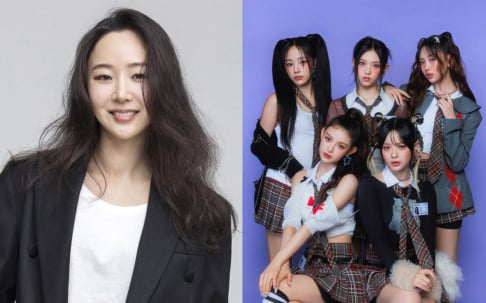
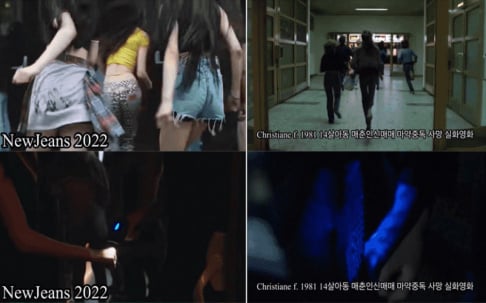
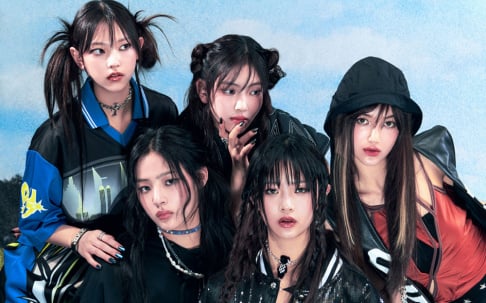
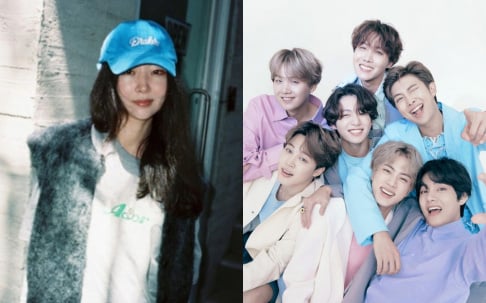


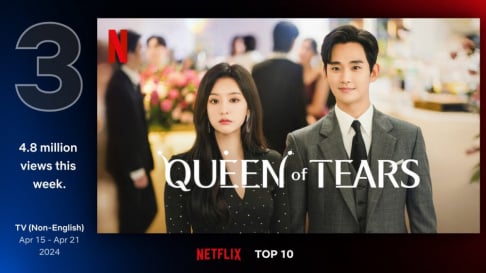
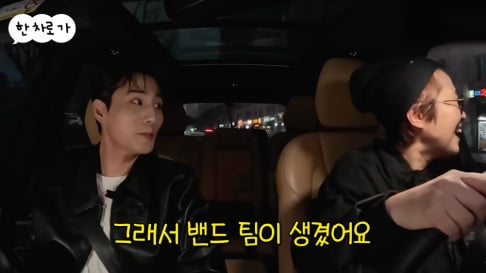

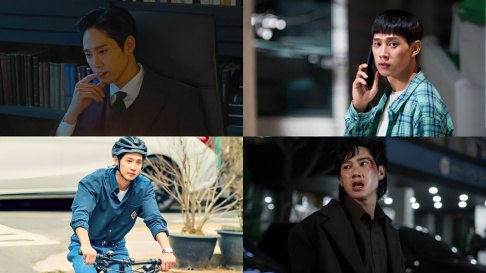
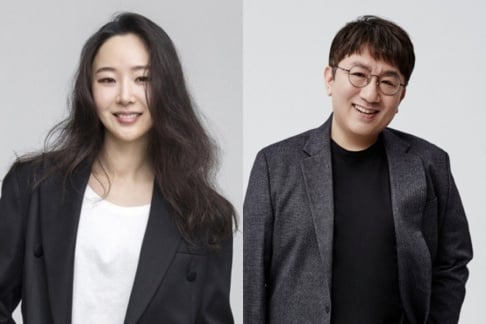

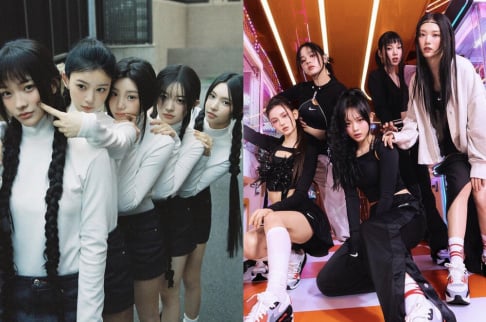
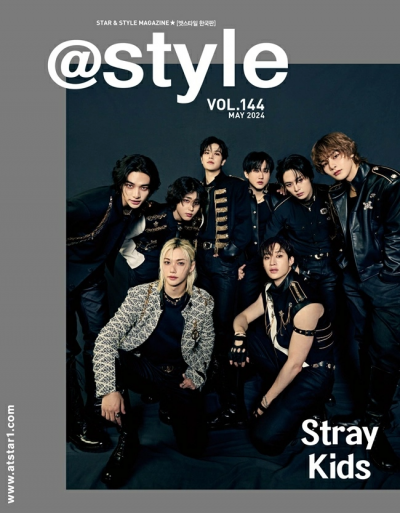


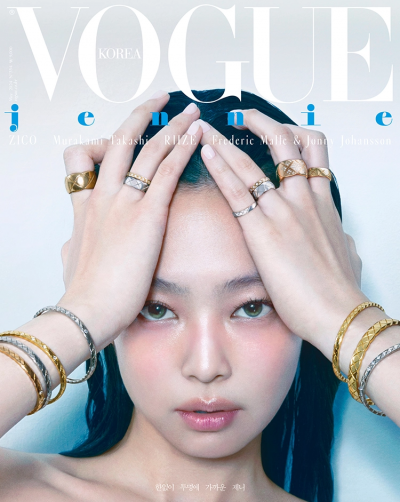


Log in to comment